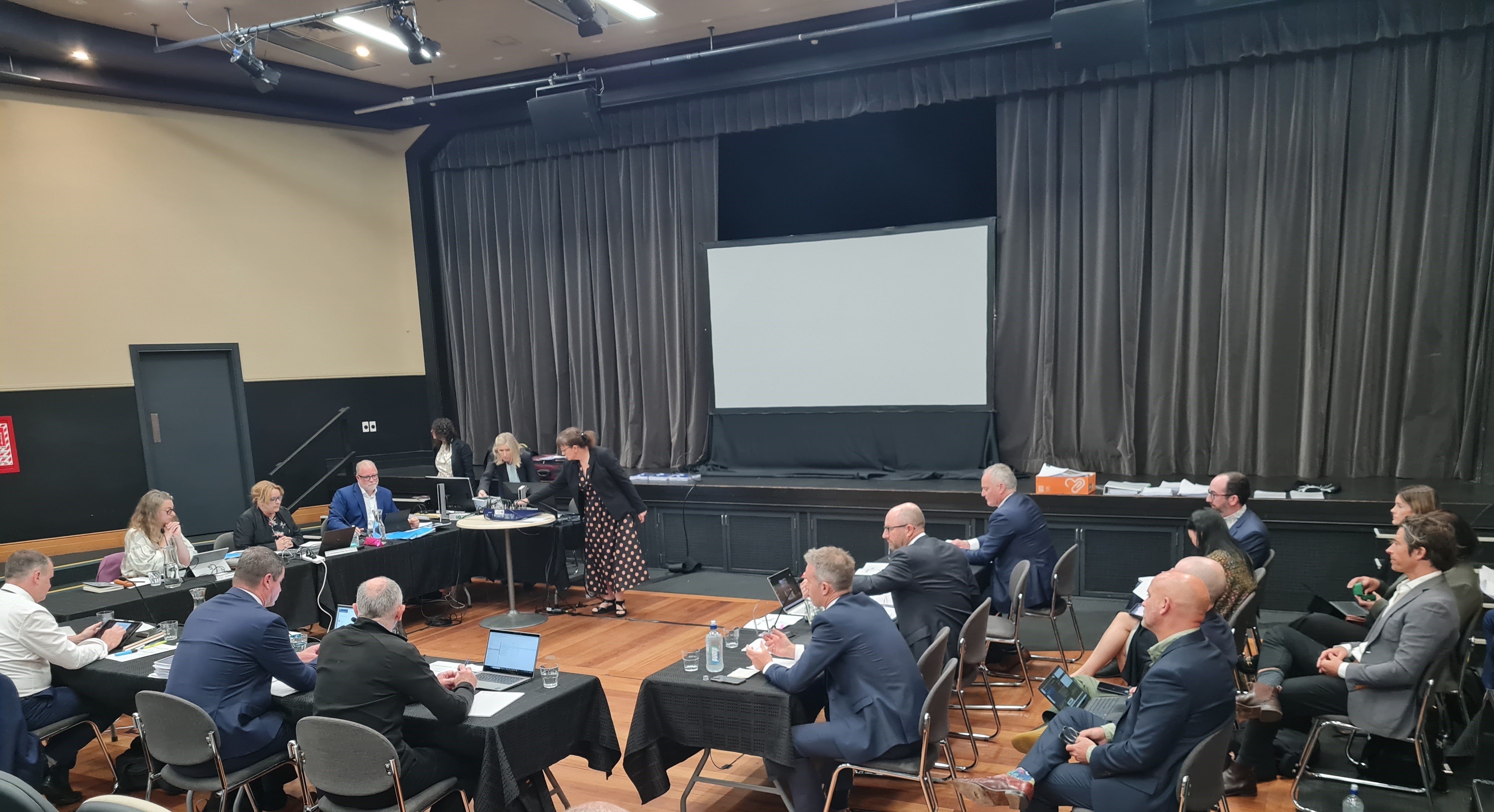
In events that have intensified over the past week, the minister of health and other members of Cabinet have been publicly censuring and denigrating public health physicians for fulfilling the roles set by their mandated scope of practice.
To protect public safety, these are governed by the Health Act, the Medical Council and the competencies, training requirements and continuous monitoring of a professional College of Public Health Medicine, not by politics.
Clinical doctors like GPs and surgeons are diagnosing and treating individual patients.
We would consider it highly irregular and dangerous for any politician to be interfering in their treatment and advice, because they rarely have any appropriate knowledge.
Unlike politicians, doctors are bound by their ethical commitments to first do no harm, and second use best evidence-based practice.
Public health doctors are specialists trained in a similar way, and are doing the same: using the best evidence available to diagnose, and encourage treatment for the causes of illness and health inequalities.
The difference is, we are doing it at the level of communities and populations.
Evidence-based submissions like the one made to Queenstown Lakes District Council during the consent process for the proposed McDonald's in Wānaka, are expected and routine elements of the practice of public health medicine.
Working with local government to protect and promote community wellbeing is about setting in place the building blocks for health and fairness.
Things like clean air and drinking water, trying to improve our terrible record of road deaths and serious injuries, and creating environments that enable everyone to be healthy.
Until the new fast-track approvals legislation came into place this year, public health involvement in the approval of new commercial activities included providing expert advice about broad effects on health and fairness.
The decision-making powers lay with local government, and if contested, the courts, and our expertise, can be (and sometimes is) ignored.
Often, though, it leads to re-thinking of projects, better protections from pollution, as well as monitoring and enforcement of breaches.
Although this may make some projects more costly, this needs to be balanced with the heavy costs to society of industrial accidents, and large-scale poisonings.
We teach public health trainees about what we can learn from examples here and overseas like Pike River, Bhopal, Minamata — all preventable by balancing commercial interests with public health and safety.
The current political interference in service to un-fettered commercial interests must remind us of the origin story of modern public health practice, which began during a period of urban industrial expansion.
Harms from the expansion was, at the time, unregulated, grossly unjust and falling most heavily on the poorest workers who had little control over their working and living circumstances.
Cities were marred by high levels of workplace injury and death, and severely polluted water and air, prompting intervention by doctors to create the first Public Health Act in England in 1848.
The Act, which balanced industrial development with public safety, quickly turned into the first Local Government Act, showing how closely tied the functions of public health and local government are.
These 19th century pieces of legislation set the scene for the ongoing partnerships.
The people of Otago well know that issues like water and air pollution, road safety and workplace conditions have not gone away.
Every time we act collectively in prevention, we turn the tap to reduce the flow of people needing hospital care.
In the context of the government’s choice to under-resource the new Dunedin Hospital compared with expected need, reducing expected need is our best option.
Deliberately attacking prevention is pouring oil on the fire of our overstretched healthcare system.
If our biggest public health issues are poor nutrition, diabetes, cancer, heart and lung disease and injury, then we need to strengthen partnerships for all of society to take action on the underlying causes: road safety, housing, the structure of our food system, neighbourhoods that stop people being active, air and water pollution and climate change.
The broad knowledge, skills and responsibilities of public health medicine are needed more than ever, independent of party politics.
■Alex MacMillan works in environmental health in the Department of Preventive and Social Medicine at the University of Otago.










